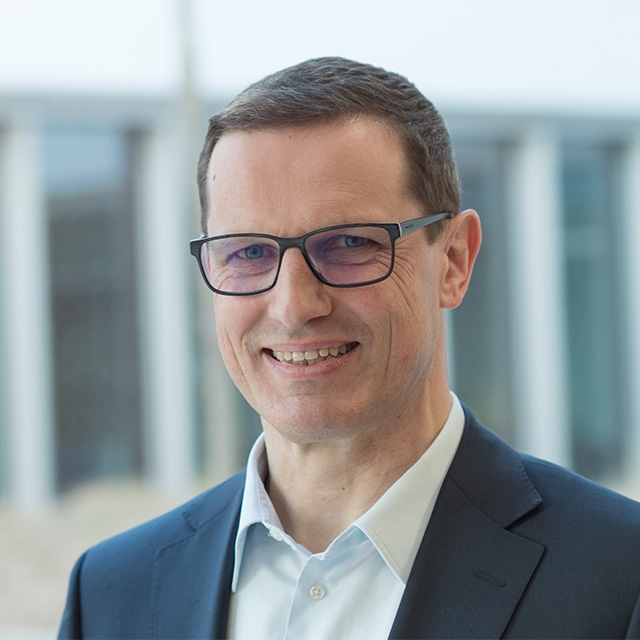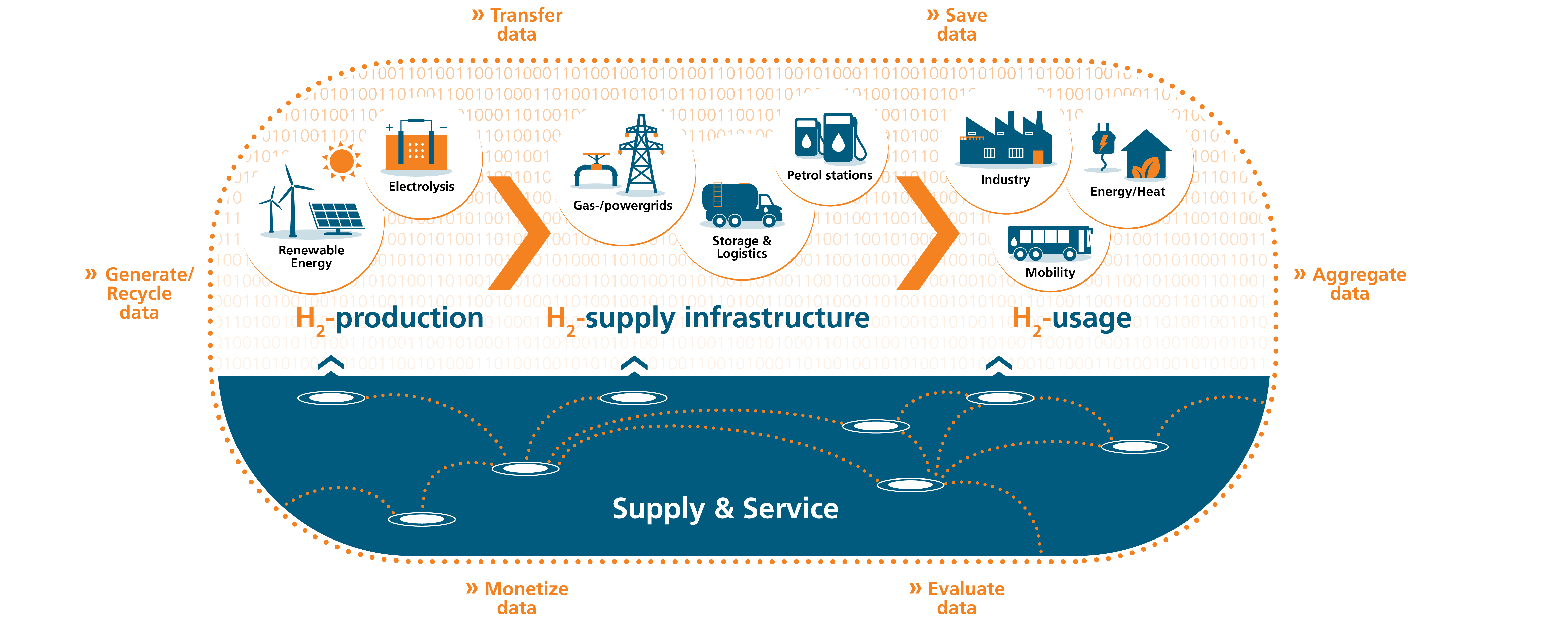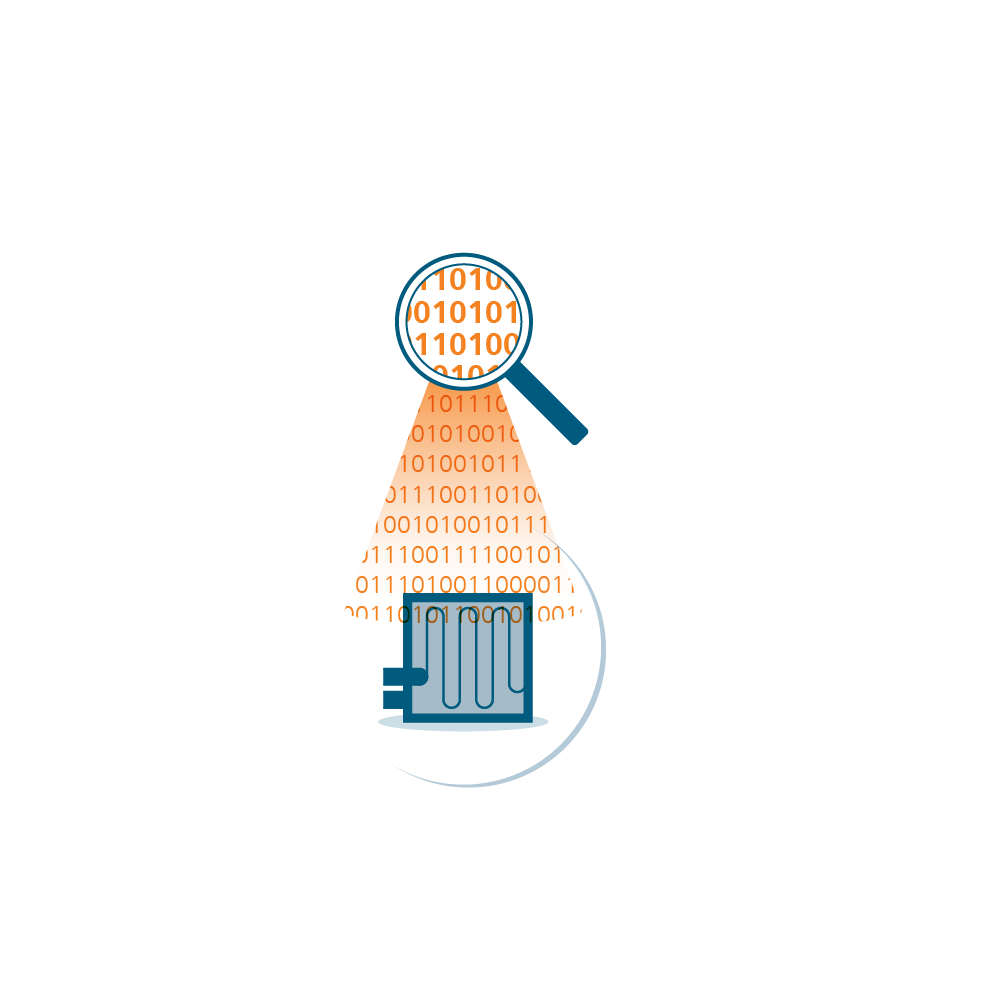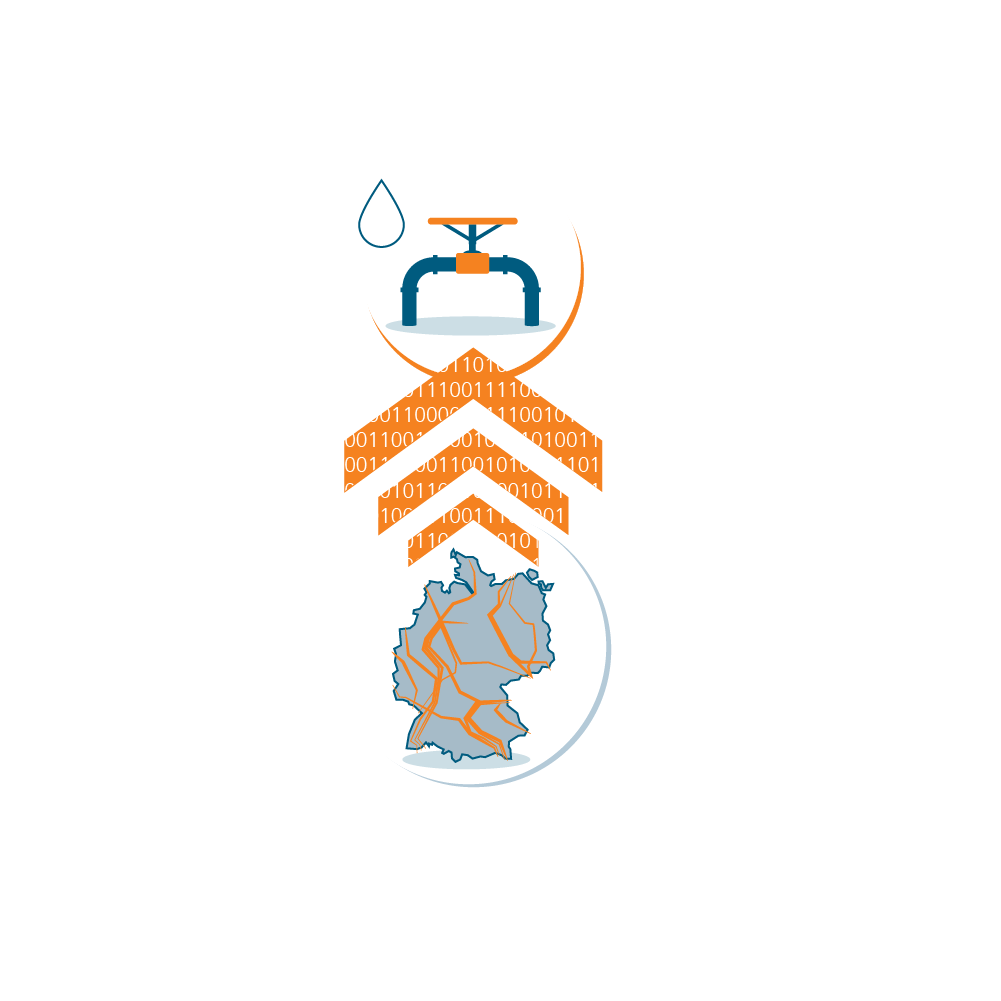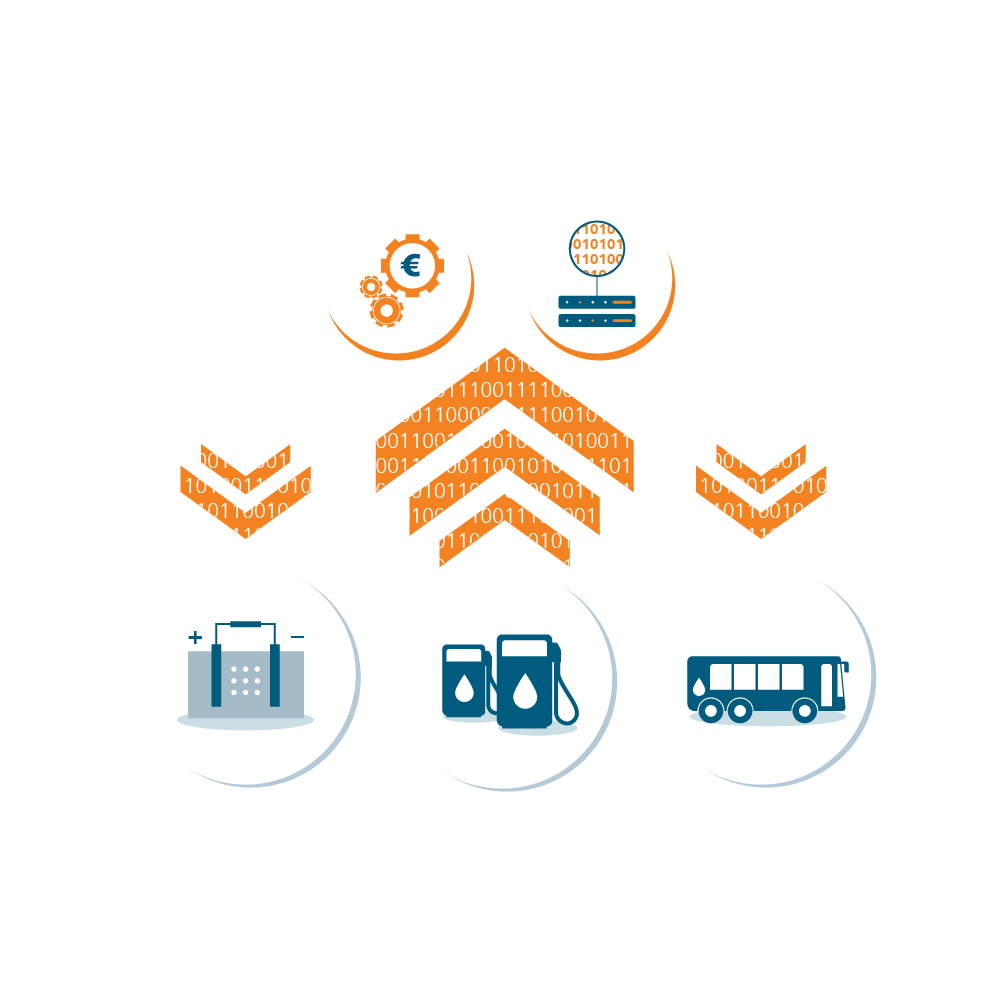How do customers benefit from Fraunhofer IIS’s know-how?
Prof. Martin: Fraunhofer IIS is an institute for research and technology. We translate research directly into practice. In other words, we have the right skills in terms of both technology and methods. And with these skills, we can answer the challenging questions that come with setting up hydrogen infrastructures and building a hydrogen value chain. That holds true at the horizontal level of the value chain, for example the sustainable infrastructure, as well as in vertical value creation – the improvement of individual components. And also in the third dimension, when it comes to using digitalization to add value based on acquired data.
In your opinion, what policy framework would best enable applied research in general, and Fraunhofer IIS in particular, to really make a contribution?
Prof. Martin: There is only one way to overcome the challenges that new technologies such as hydrogen pose: Industry, business and science have to work in close collaboration. To accelerate the rollout of the hydrogen economy, we need structures and policies in place that facilitate a close and in-depth information exchange between industry and the research community. And that policy framework needs to be technology-independent because, at the end of the day, the technology that offers the best solution for a given challenge should and indeed will be the one that triumphs.

